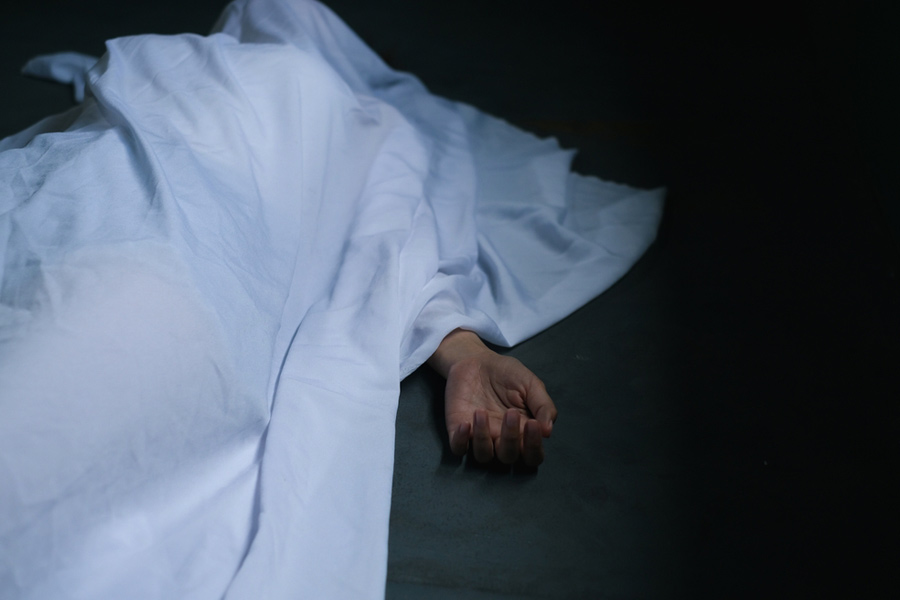COVID-19 infection increased the risk of death from any cause by 50 per cent in people living with severe mental illnesses such as schizophrenia and psychosis, a study has found.
Researchers from King's College London analysed data from over 6,60,000 (6.6 lakhs) UK patients between February, 2020 and April, 2021. Of these, 7,146 people had a severe mental illness.
Severe mental illness was defined as the presence of at least one diagnostic record entry for schizophrenia, schizoaffective disorder, bipolar disorder, or other affective disorder with psychosis during the study period, the researchers detailed in their study published in the British Journal of Psychiatry.
All participants were followed up for at least 12 months prior to the date of first recorded infection, or the index date, the researchers said. For some patients, this was as early as February 1, 2019.
Investigating the role of ethnicity in increasing the death risk because of COVID-19, the researchers found that Black Caribbean/Black African people were at a 22 per cent higher risk of death than White people.
This was similar for people with and without severe mental illness, even as ethnicity had not been recorded in around 30 per cent of the patient data, they said. Other ethnicity groups studied were a 'South Asian' group which included Indian, Pakistani, Bangladeshi and Asian 'Other' groups and a 'Mixed' ethnicity group.
"We are the first group to use the Clinical Practice Research Datalink to understand the impact of COVID-19 on premature morbidity among people with severe mental illness, making this one of the largest studies of its kind," said Alex Dregan, the study's senior author and Senior Lecturer in psychiatric epidemiology at King's College.
"Previous research has shown that these health inequalities exist but our study really demonstrates how the pandemic has exacerbated them.
"We now need to try to understand why this is happening and see if there is a pattern in how these people do or do not seek and access services," said Dregan.
The "stark" findings highlighted the health inequalities existing for people living with severe mental illness and those from the racialised groups, according to the lead author lead author Jayati Das-Munshi.
"The pandemic shone a light on these inequalities, and we must learn from this to develop new policies and improve service provision," said Das-Munshi.
Except for the headline, this story has not been edited by The Telegraph Online staff and has been published from a syndicated feed.











